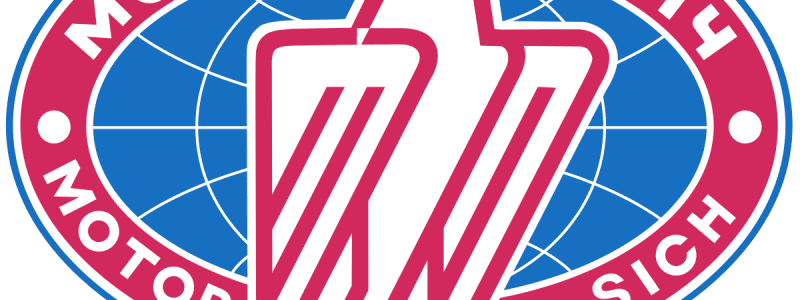
Motor Sich PJSC will soon be legally returned to the ownership of Ukraine, said Oleksiy Danilov, Secretary of the National Security and Defense Council (NSDC) of Ukraine.
“… We are talking about the Motor Sich enterprise in Zaporozhia. To date, a decision has been made according to which the Motor Sich enterprise will be returned to the Ukrainian people. It will be returned to the ownership of the Ukrainian state in a legal, constitutional way in the near future,” Danilov said at a briefing on Thursday following the results of the NSDC meeting.
Every case of Ukrainian defense industry enterprises “miraculously ending up in private hands” will be considered separately, he said.
“People who have invested in these enterprises will certainly receive proper compensation. This is being done for our country’s national security,” Danilov said.
Motor Sich is one of the world’s largest manufacturers of aircraft engines and industrial gas turbine units. It exports its products to more than 100 countries. Motor Sich reported UAH 930.2 million in net profits in January-September 2020, while it saw net losses of UAH 532.7 million in the same period in 2019. The company’s net revenue has grown by 20.2% to UAH 7.6795 billion.
As reported earlier, Chinese shareholders of Motor Sich initiated arbitration proceedings worth $3.6 billion against the state of Ukraine in December 2020. They argued that the Ukrainian government expropriated their investments and violated their other rights guaranteed by the October 1992 intergovernmental agreement between Ukraine and China on the encouragement and mutual protection of investments. The international law firms WilmerHale, DLA Piper, and Bird&Bird are representing Chinese investors’ interests in the claim.
According to a government source, about 75% of Motor Sich’s stock already belongs to Chinese investors, while a portion of the disputed stake is being used as security for financing provided, among other investors, by China Development Bank.
Wang Jing’s Beijing Xinwei said in early August 2020 that it had abandoned attempts to obtain permission to buy Motor Sich jointly with Ukroboronprom and that Oleksandr Yaroslavsky’s company DCH was its new partner in the deal. The companies have filed four applications with Ukraine’s Antimonopoly Committee to approve the deal, the last time in December 2020, but none of them have been granted yet.
Another attempt to hold a shareholders meeting on January 31 also failed in view of the fact that a 41% stake in the company was frozen at the Ukrainian Security Service’s initiative in 2017, and the freeze was later expanded to the entire stock. On January 29, 2021, Ukrainian President Volodymyr Zelensky enforced a National Security and Defense Council decision to impose sanctions on Chinese citizen Wang and companies Beijing Xinwei Technology Group Co., Ltd; Beijing Skyrizon Aviation Industry Investment Co., Ltd (both Beijing-based); Skyrizon Aircraft Holdings Limited (the British Virgin Islands); and Hong Kong Skyrizon Holdings Limited (Hong Kong), which are associated with Wang and which have been trying over the past several years to exercise the Motor Sich shareholders’ rights in Ukraine. In the wake of this decision, China forwarded a note to the Ukrainian Foreign Ministry.
Former U.S. National Security Advisor John Bolton said at the end of August 2019 that the U.S. was concerned about Motor Sich’s possible sale to Chinese investors. U.S. Charge d’Affaires ad interim to Ukraine William Taylor said at the end of 2019 that the U.S. expected a new deal to be concluded to invite a U.S. or some other investor to Motor Sich to prevent its sale to Chinese buyers.
The Bureau of Industry and Security at the U.S. Department of Commerce put the Chinese company Skyrizon on its Military End User list in early January 2021, meaning that cooperation with it requires special authorization. “Skyrizon – a Chinese state-owned company – and its push to acquire and indigenize foreign military technologies pose a significant threat to U.S. national security and foreign policy interests,” U.S. Commerce Secretary Wilbur Ross was quoted as saying.